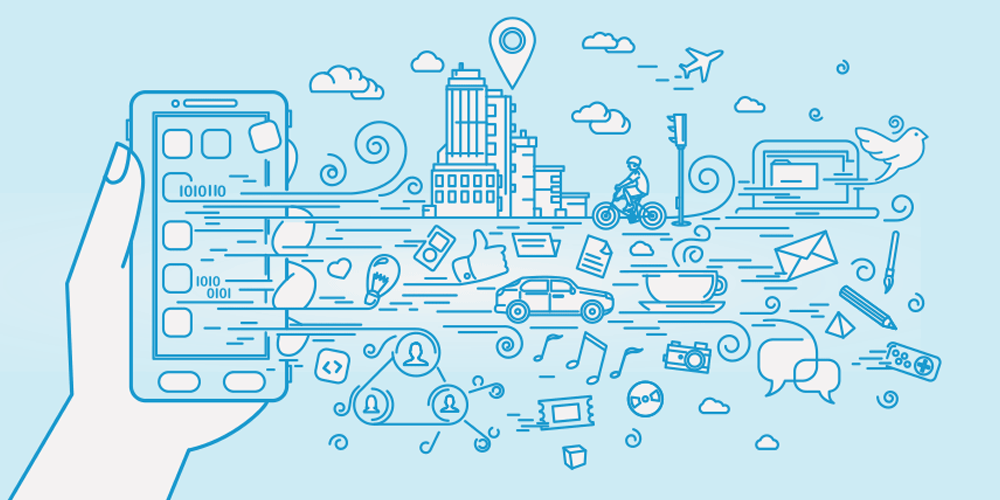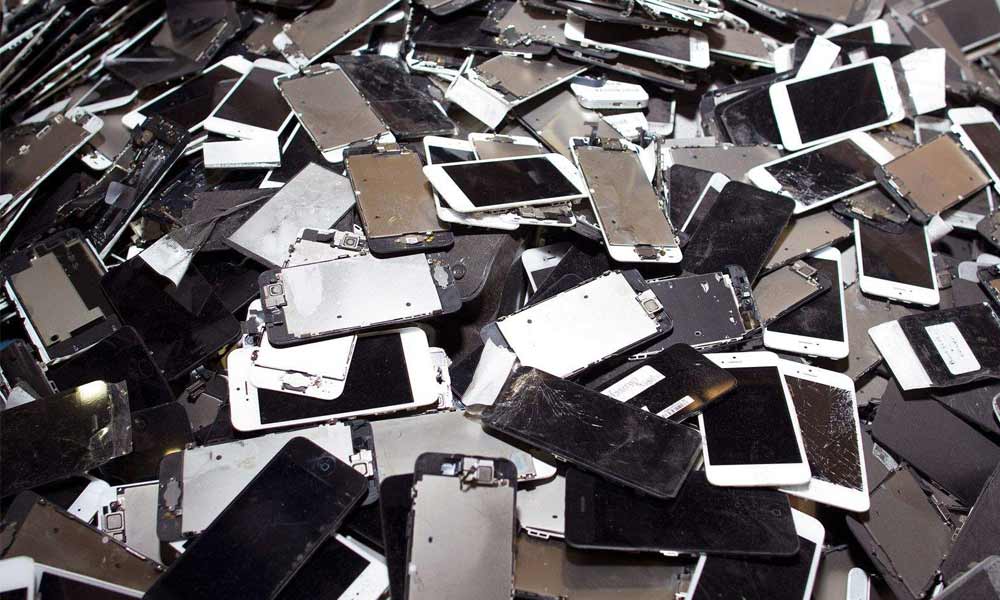Old may not be obsolete. But when it comes to smartphones that hold sensitive information, old translates to troubles.
Smartphones as we know them, didn’t exist when computers were as huge as en entire room. Decades later, mobile phones were created. But since mobile internet was not yet available, those phones were literally "dumbphones".
At that time, tech evolved slow, as years can pass without significant innovation.
But when "smartphones" hit the market, like all in a sudden, mobile technology started to speed up tremendously.
And here at the modern days of the internet where smartphones are just like any household item people own, the market is overwhelming people with options. As a matter of fact, you won't run out of choices, as there should be at least one gadget for those with even the most unique taste.
But for people who rather their smartphones for years at a time for whatever reasons, especially if the phones are cheap in the they bought them first hand, they need to be cautious about their privacy.
Those devices may be adequate when they were first launched. But as previously mentioned, tech development speeds up very fast, and this makes those devices the privacy nightmares of today.

Breaking them down, here are some of the details.
Old smartphones come with outdated version of their respective mobile operating system.
Google isn't supporting phones that are years old. What this means, older versions of the mobile operating system that aren't anymore supported, come with vulnerabilities.
And speaking of Android, Google is always tracking you.
Also for Android users, smartphone manufacturers tend to add their own customization and third-party apps out of the box. In many cases, those apps contain multiple security and privacy flaws. And making things worse, those apps were pre-installed and cannot be removed.
If for example, the developers of the apps required read and write permission to access the phones among other things, the apps can literally gather your contact list, your phone calendar entries, your messages, your photos and more.
As for Apple, the company push major updates to their phones as long the hardware is capable of receiving the updates. What this means, iPhones are better product to hold in a long term, as long as Apple can still support them.
The next thing that should come in mind, is third-party apps.
Newer and famous apps from notable developers are updated more frequently. But unfortunately for old smartphone owners, these apps' developers cannot help you much if you have an outdated phone with outdated hardware and operating system.
The developers of the apps need to keep up with the fast moving mobile market demands, thus forcing them to focus on the majority of their users, who are more likely to own newer models of smartphones.
In other words, the older your phone the less the chances you can receive updates and new features for the apps. What this means, your phone is forced to use the outdated versions of the apps, even if they still work that is.
Making matters worse, your old phone in your pocket may also track you wherever you go, and consistently draining your mobile data and your device's battery.
And if your old phone was new when privacy wasn't even a thing yet, your phone may not have all the necessary options to restrict those apps from intruding your privacy.
Related: What's On Your Phone, Stays On Your Phone: Tips To Secure Your Digital Mobile Life

Conclusion
The nature in how people use smartphones leaves them more vulnerable than when using PCs.
Compared to desktop computers, smartphones collect much more data about their users. With arrays of sensors, phones can gather all sorts of information, and this kind of information is often sent to analytics companies or tech companies, as well as data brokers.
Furthermore, old smartphones (even newer ones) don't have the protections that PCs have. And because old smartphones don't get updates and security patches, information leak as well as attack vectors are more than plenty, if compared to PCs.
Last but not least, people rarely turn off their phones when they sleep at night, or as often as they shut down their PCs. As a result, smartphones are generally sending and collecting data 24 hours a day.
In other words, your phone can be leaking your personal data just about everywhere.
What you need to know here is that, the price you pay for a smartphone, is the price you pay for that device to protect your data. So economically speaking, the disadvantages are with those who can't afford to buy luxury high-end phones like iPhones, or Android flagship phones that offer better privacy protection.
What this means, billions of people across the world have little to no choice other than to sacrifice their privacy and security, if they want to go online.
However, your phone is your thing, and nobody can force you to switch or to buy newer phones. The choice is yours.
Related: Your Smartphone Is A Privacy Nightmare: How To Use Them Without Leaving A Trace